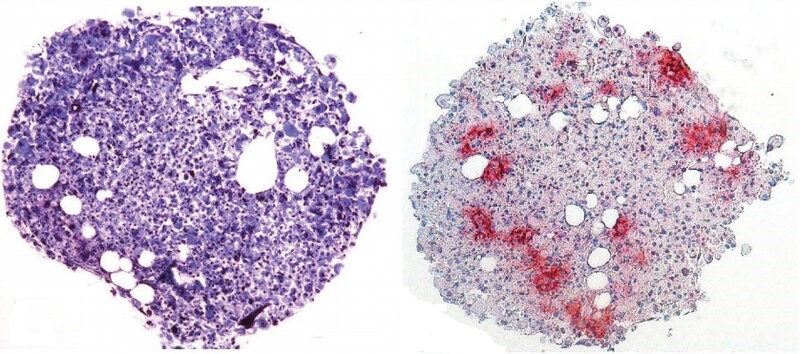A 25-strong team of wildlife and veterinary experts have identified seven routes by which pandemics could occur moving forward — and 161 ways to reduce the risk of another infectious disease striking every corner of the planet.
The team — led by Cambridge University experts — said humans must drastically change the way they interact with animals or it is ‘only a matter of time’ before another pandemic rocks the world.
The group say wildlife farming, the transport, trade and consumption of meat, the exotic pet industry and increased human encroachment on wildlife habitats, are among the ways new diseases could spread in humans.They propose clamping down on the amount of animals people can farm, keeping livestock away from domestic pets and even going vegan to reduce the risk.
Eating a more plant-based diet would bring down the global demand for animal meat and lead to less animals being farmed and transported in cramped conditions, where disease can easily jump between species, the researchers claim.
Lead researcher Professor William Sutherland, a zoologist at the University of Cambridge, said: ‘A lot of recent campaigns have focused on banning the trade of wild animals, and dealing with wild animal trade is really important yet it’s only one of many potential routes of infection.
‘We should not assume the next pandemic will arise in the same way as Covid-19; we need to be acting on a wider scale to reduce the risk.’
The group say wildlife farming, the transport, trade and consumption of meat, the exotic pet industry and increased human encroachment on wildlife habitats, are among the ways new diseases could spread in humans.
They propose clamping down on the amount of animals people can farm, keeping livestock away from domestic pets and even going vegan to reduce the risk.
Eating a more plant-based diet would bring down the global demand for animal meat and lead to less animals being farmed and transported in cramped conditions, where disease can easily jump between species, the researchers claim.
The study did not consider the development of vaccines and other medical and veterinary medicine options.
It does not offer recommendations, but a set of options to help policy-makers and practitioners think carefully about possible courses of action.
The report, available online, is currently being peer reviewed.
The findings were generated by a method called Solution Scanning, which uses a wide range of sources to identify a range of options for a given problem.
161 Ways

Click to read the full list.
Image: Unspalsh











